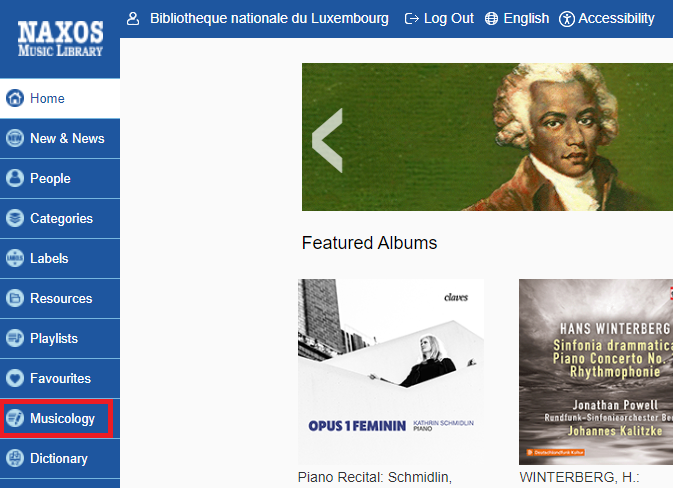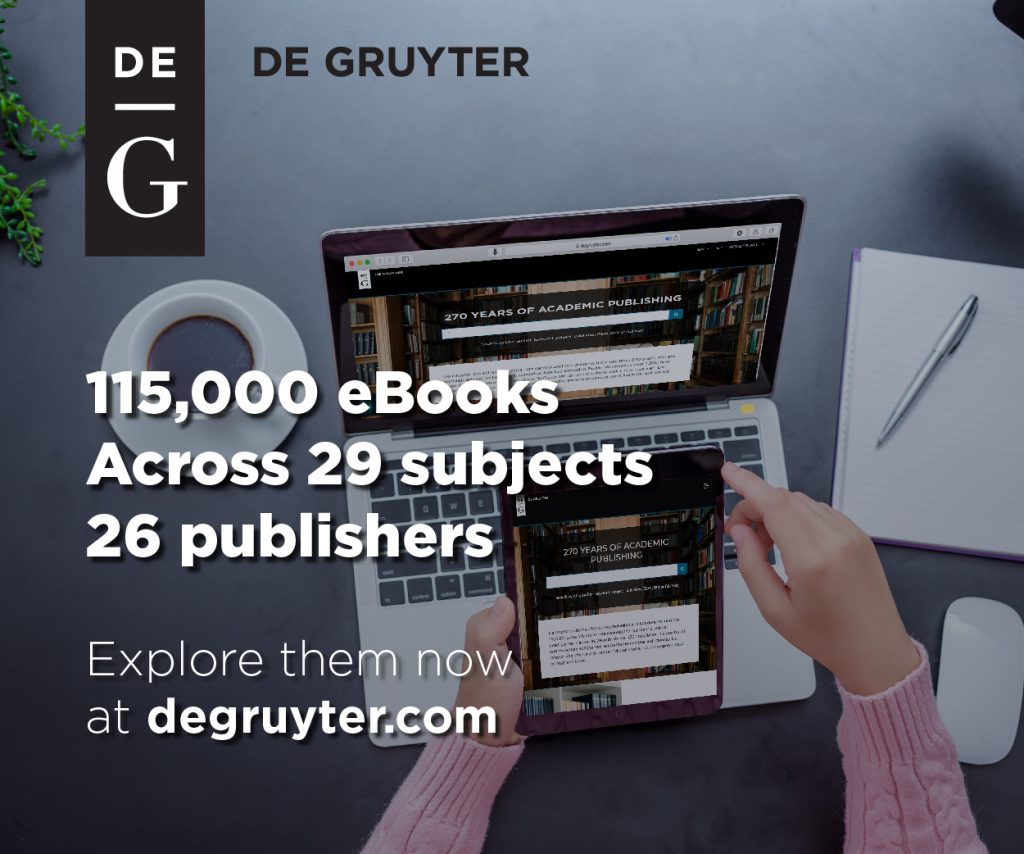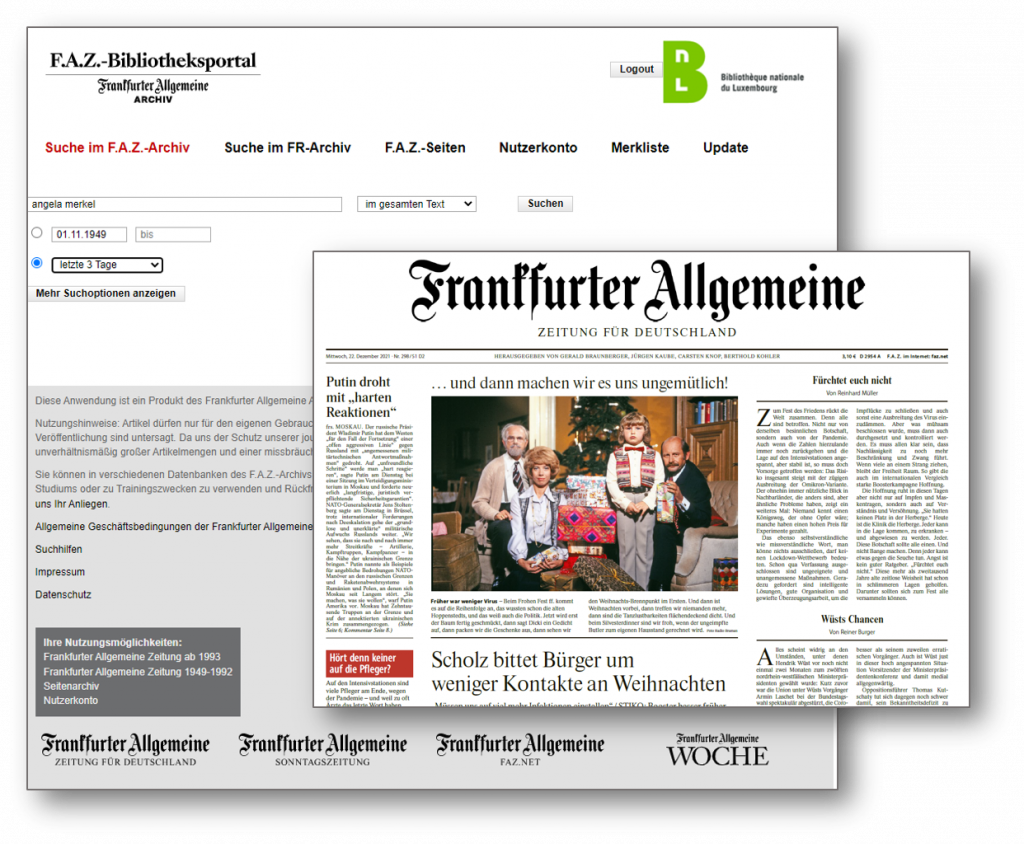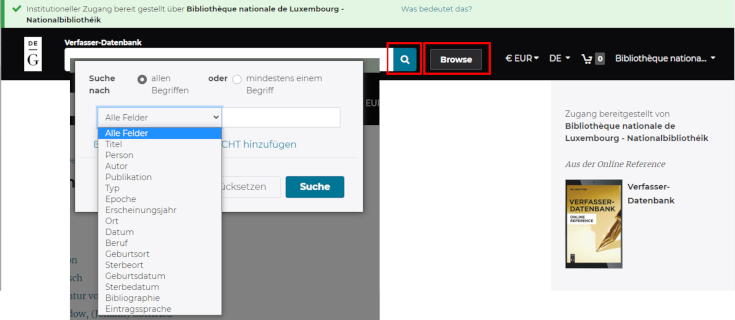La Bibliothèque nationale du Luxembourg, le Luxembourg Learning Centre (Université du Luxembourg), le Conseil supérieur des bibliothèques, le Service de Coordination de la Recherche et de l’Innovation pédagogiques et technologiques (Ministère de l’Éducation nationale, de l’Enfance et de la Jeunesse) viennent de signer une lettre ouverte soutenant l’appel de Couperin / ACIEGE / ADBU (Consortium unifié des établissements universitaires et de recherche pour l’accès aux publications numériques) aux éditeurs francophones concernant l’offre de contenus numériques français:
Les bibliothèques des établissements de l’enseignement supérieur et secondaire ainsi que leurs homologues francophones à travers le monde ont à cœur de mettre à disposition des enseignants-chercheurs et des étudiants des ouvrages scientifiques de haut niveau et des monographies indispensables à l’enseignement, notamment des manuels et des ouvrages de vulgarisation de qualité. Elles s’attachent aussi à maintenir dans leur fonds une production éditoriale universitaire de langue française.
Les évolutions de ces 20 dernières années sont marquées par un fort développement des publications disponibles en format électronique, mais force est de constater que la production francophone est bien moindre que la production anglophone. Certains ouvrages, qui sont pourtant parmi les plus empruntés en bibliothèque dans leurs versions papier, n’ont toujours pas d’équivalent en numérique. Il est aussi à noter que, quand la version en ligne existe, elle n’est pas toujours disponible à l’achat pour le secteur académique. Des offres commerciales sous forme de « bouquets » ont émergé, mais elles ne correspondent pas toujours aux besoins de nos bibliothèques, notamment celles des établissements spécialisés dans un champ disciplinaire. L’abonnement au bouquet a généralement un coût d’entrée important et nous rend captif d’une sélection sur laquelle nous n’avons pas la main.
Le système de prêt numérique PNB est inadapté aux bibliothèques d’enseignement, l’offre étant pauvre en livres de niveau universitaire : seules les bibliothèques publiques (bibliothèques ou réseaux de bibliothèques municipales et bibliothèques universitaires) sont aujourd’hui éligibles, ce qui écarte d’emblée les acteurs de l’éducation et de formation tels que les bibliothèques de l’enseignement secondaire (CDI) et instituts de formation publics.
Dans le contexte de pandémie que nous vivons actuellement, l’accès aux savoirs, aux écrits scientifiques, sous forme électronique prend tout son sens et les manques sont encore plus criants. Pour garantir une égalité d’accès à tous nos étudiants, il est indispensable que les bibliothèques puissent fournir ces accès. Si nous souhaitons que la production éditoriale francophone soit largement diffusée au sein de nos enseignements, il est impératif que les éditeurs et les agrégateurs puissent proposer à la fois une offre riche, diversifiée et actualisée d’ouvrages, des dispositifs de consultation adaptés aux usages et des modèles de commercialisation soutenables financièrement. Dans le cas contraire, il est à craindre que nos enseignants se tournent vers des manuels anglosaxons, pour lesquels l’offre et la diffusion sont plus adaptées.
Nous tenons à défendre une pluralité des savoirs et il est important de ne pas avoir seulement une offre d’e-books «mono-éditeur» ou des bouquets sans possibilité de choix. Les orientations pédagogiques de nos enseignants ne doivent pas être restreintes par une absence d’offres commerciales ou des offres inadéquates en particulier en termes de contenus. Nous appelons les éditeurs de contenus francophones à investir pleinement l’espace de la diffusion numérique et à proposer des solutions dans l’intérêt de tous, nous sommes prêts à les construire ensemble.







